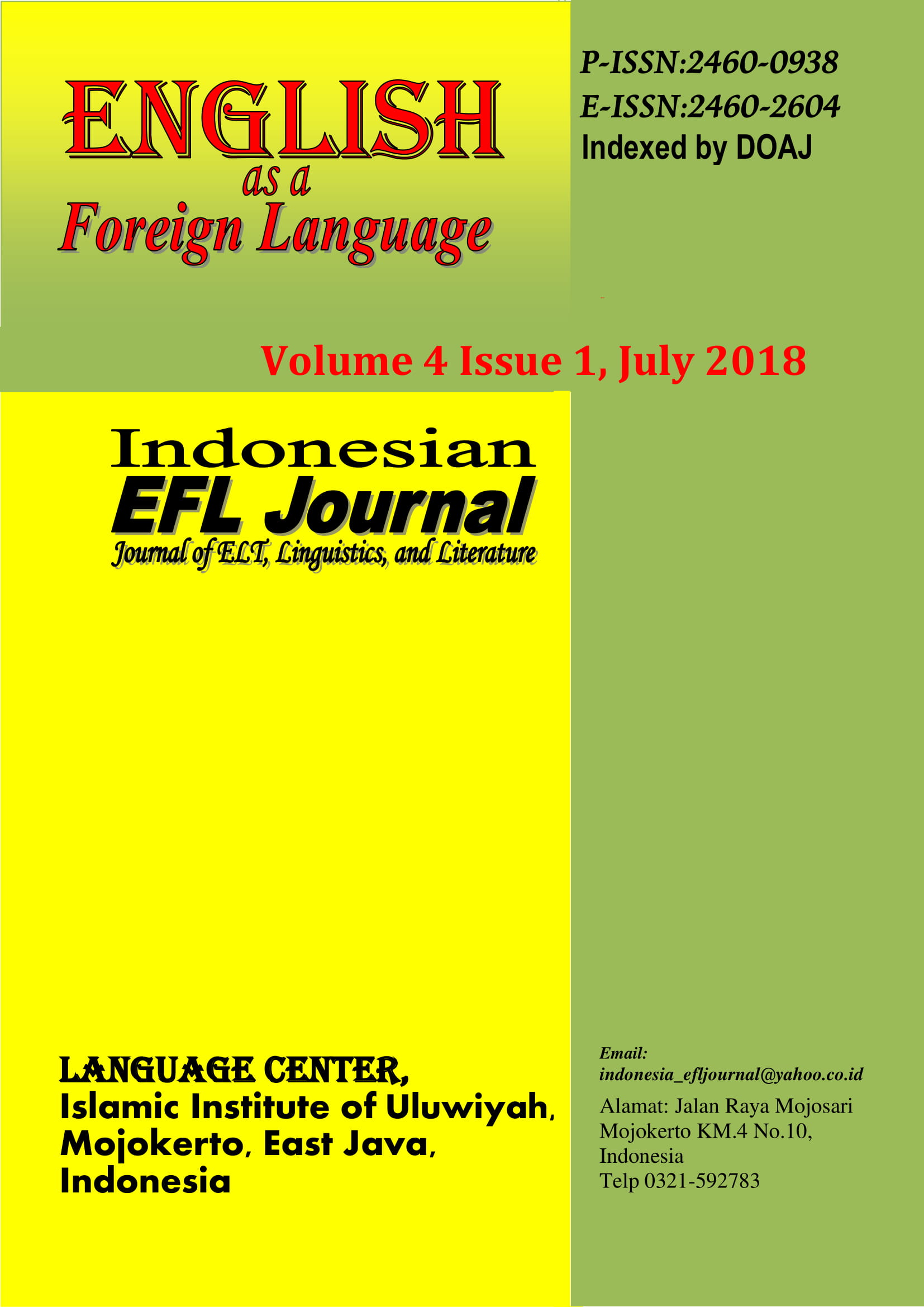Artistic Integrity’ in the English translation of Abdelatif Laabi’s novel Le fond de la jarre
Abstract
The translation of literature has often been discussed and critiqued in terms of one core ideological question of cultural representation, namely in matters of exclusionary selection of certain texts or authors for translation and the discursive manipulation that goes with it. In this study, as the title suggests, the translation of the francophone Maghrebi novel into English is assessed on the basis of its faithfulness to the artistic spirit of the original text and to the distinctiveness of its author. This paper is mainly about ethics and esthetics in postcolonial literary translation and treats questions of rigour and faithfulness in emphasizing the aesthetic potential of postcolonial literatures and in showing the individualism of each author, besides mere extraction of ethnographic knowledge. Artisitc integrity, implying both completeness and principled professional practice, is measured according to a framework developed by Chinese translation scholar Jin Di (2003) and a related one by Boase-Beier (2010) on the application of cognitive stylistics to translation assessment. Faithful style reproduction in the target text is taken here to be the principal indicator of translational artistic integrity since style is the element that captures the ‘spirit’ and literariness of the literary work. Ignoring it is a form of injustice and a sign of sloppiness in dealing with minor literatures from the ‘Third World’. The paper assesses the English translation of Le fond de la jarre by Moroccan author Abdelatif Laabi.
References
Cambridge companion to the African novel. Cambridge: Cambridge University Press.
Bandia, P. F. (2003). Postcolonialism and translation: the dialectic between theory
and practice. Linguistica Antverpiensa, 2, 129-142.
Bensmaia, R. (2004). Experimental Nations: Or, the Invention of the Maghreb. Princeton: Princeton University Press.
Boase¬Beier, J. (2010). Stylistic approaches to translation. London & New York: Routledge.
Cela, G. C. (2014). Les étrangers d’Algérie: Albert Camus, Kateb Yacine, Yasmina Khadra
Universidad de Salamanca. http://ler.letras.up.pt/uploads/ficheiros/12323.pdf.
Devergnas, A. (2003). Compte-rendu de lecture : Le Fond de la jarre de Abdellatif Laâbi. Retrieved from http://www.limag.refer.org/Textes/Devergnas/LaabiFondJarre.htm.
Di. J. (2003). Literary Translation: Quest for Artistic Integrity. London & New York:
Routledge.
Hui-juan, M. (2007). Exploring the differences between Jin Di’s translation theory and Eugene A. Nida’s translation theory. Babel, 2(53), 98–111.
Irele, A. F. (Ed.). (2009). The Cambridge companion to the African novel. Cambridge:
Cambridge University Press.
Kelly, D. (2005). Autobiography and independence: Selfhood and creativity in North African
postcolonical writing in French. Liverpool: Liverpool University Press.
Khatibi, A. (1968). Le roman maghrébin. SMER.
Laabi, A. (2002). Le fond de la jarre. Gallimard.
Laabi, A. (2013). The bottom of the jar. (A. Naffis-Sahely, Trans.). Archipelago Books.
Ma, H. (2007). Exploring the differences between Jin Di’s translation theory and Eugene A. Nida’s translation theory. Babel, 2(53), 98–111.
Parks, T. (2007). Translating style: A literary approach to translation, a translation approach to literature. London & New York: Routledge.
Shamma, T. (2009). Postcolonial studies and translation theory. MonTI. MonografÃas de
Traducción e Interpretación, 1, 183¬196.
Toler, A. M. (2001). The Ethics of Cultural Representation: The Maghribi Novel in Translation. Journal of North African Studies, 6 (3), 48–69.
Copyright (c) 2018 Indonesian EFL Journal: Journal of ELT, Linguistics, and Literature

This work is licensed under a Creative Commons Attribution-ShareAlike 4.0 International License.
All rights reserved.
this publication may be reproduced, stored in a retrieval system, or transmitted
in any form or by any means, electronic, mechanical, photocopying, recording.




